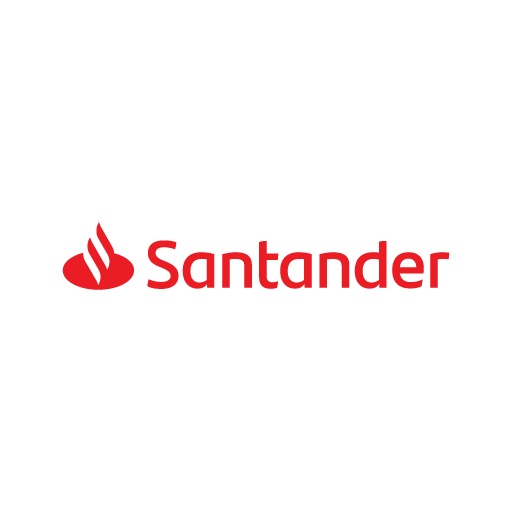
Banco Santander achieved an attributable profit of €6.51bn in 2019, 17% less than in 2018, after recording net charges amounting to €1.7bn.
In what the company describes as a “successful execution of its strategy,” Santander generated record total annual revenues of more than €49bn in 2019. This represents an increase of 2% (+3% on a constant currency basis) from the previous year.

Access deeper industry intelligence
Experience unmatched clarity with a single platform that combines unique data, AI, and human expertise.
The performance was supported by strong growth in customer revenues in the Americas, the Boston-based Spanish bank says.
The hefty charges detracting from the revenues were related primarily to the UK goodwill impairment announced in September last year (€1.5bn), as well as restructuring costs in several markets and other provisions.
These were partly offset by the €693m net capital gain from the custody business transaction which concluded in December 2019 and other capital gains.
Competitive pressure
According to CEO Nathan Bostock, “Our 2019 results were impacted by the ongoing competitive income pressure on mortgages and PPI charges, but they also include the investment we are making as part of our plan to transform the bank for the future.”

US Tariffs are shifting - will you react or anticipate?
Don’t let policy changes catch you off guard. Stay proactive with real-time data and expert analysis.
By GlobalDataIn spite of these drawbacks, the bank’s performance was far from inadequate. In the fourth quarter alone, attributable profit increased to its highest level ever at €2.8bn (up 35% YoY).
Excluding net charges, underlying profit was €2.1bn in the quarter, up 2% (+5% on a constant currency basis). An underlying return on tangible equity (RoTE), a key measure of profitability, remains among the highest of Santander’s peer group at 11.6% (11.8% for the full year).
The Group delivered solid growth in business volumes, with loans and customer funds increasing by 4% and 6% respectively year on year on a constant currency basis.
Outlook for 2020
In her presentation, Banco Santander Group Executive Chairman Ana Botín, says: “Our 2019 results show we are successfully executing on our strategy, generating predictable, sustainable and balanced growth, with a very strong fourth quarter, confirming underlying positive trends.”
Despite a more certain political backdrop in 2020, bank executives say, they expect economic growth in the UK to remain relatively subdued with continued uncertainty regarding the UK’s future trade relationship with the EU.
Santander “remains somewhat cautious” in its 2020 outlook, given a highly competitive banking market and demanding regulatory change agenda.
The bank predicts that the implementation of regulatory changes regarding the high cost of credit will also increase net interest income, “although it is worth noting that this will be more than offset by a reduction in non-interest income”.
In 2020 Santander also expects credit impairments to increase from the very low levels seen in recent years. It does not, however, anticipate a material worsening of credit quality “given our prudent approach to risk and the supportive environment”.
Since 31 December 2019, trends evident in the business operating results have not changed significantly, Santander notes.
“We expect adjusted operating expenses to be lower in 2020 as the momentum behind our transformation programme builds and improved efficiency begins to outweigh inflationary and other pressures.”







